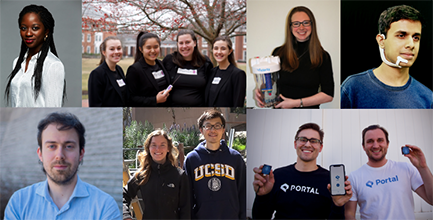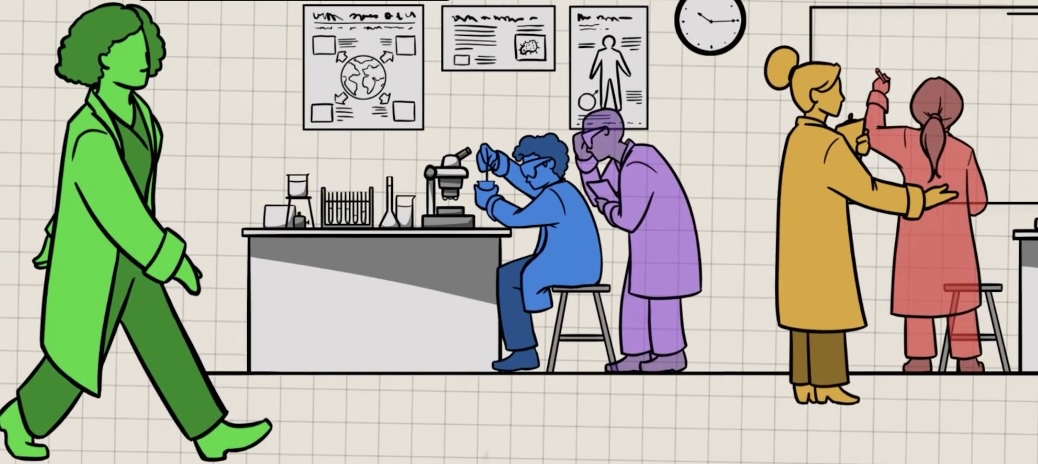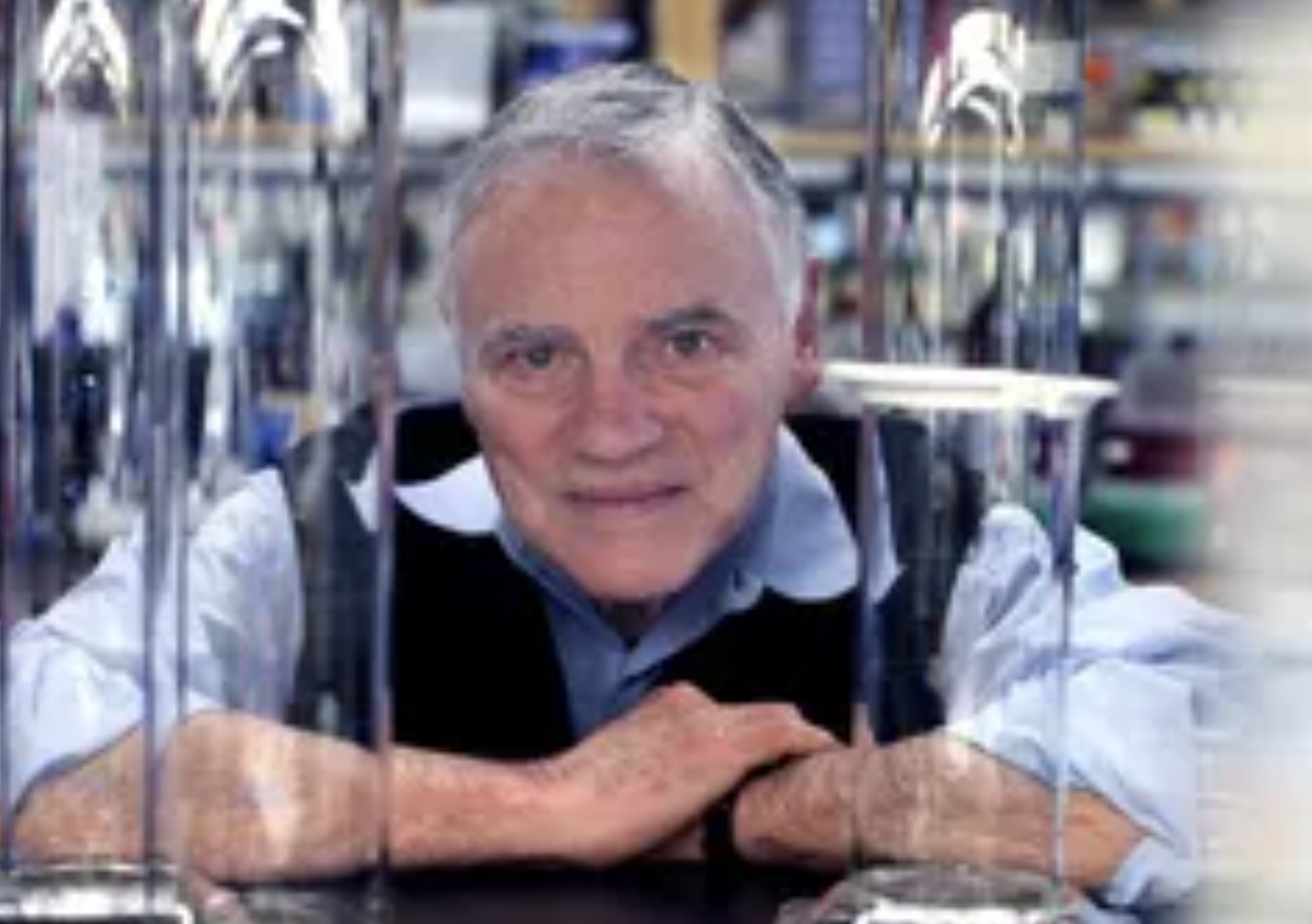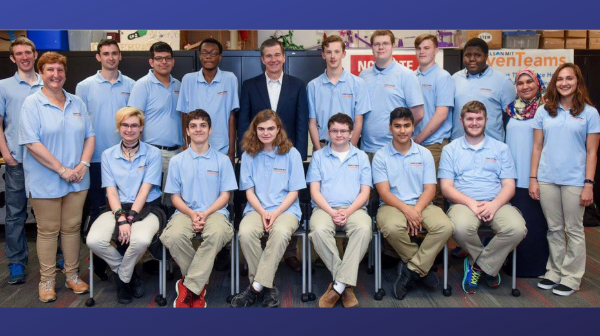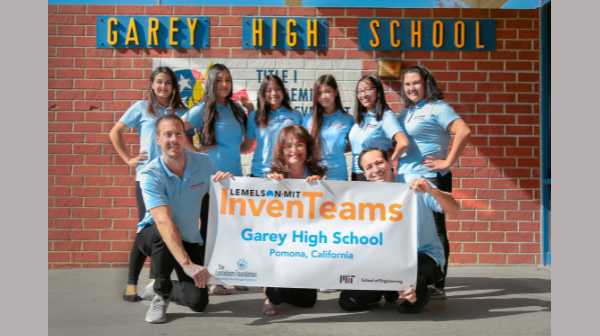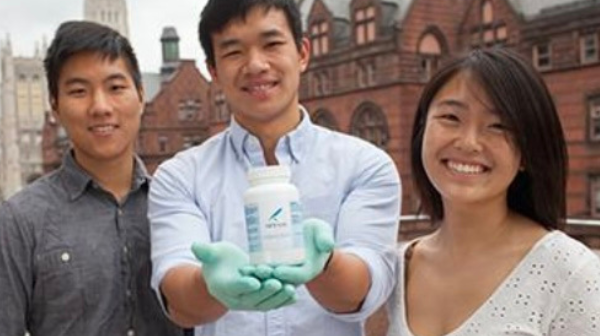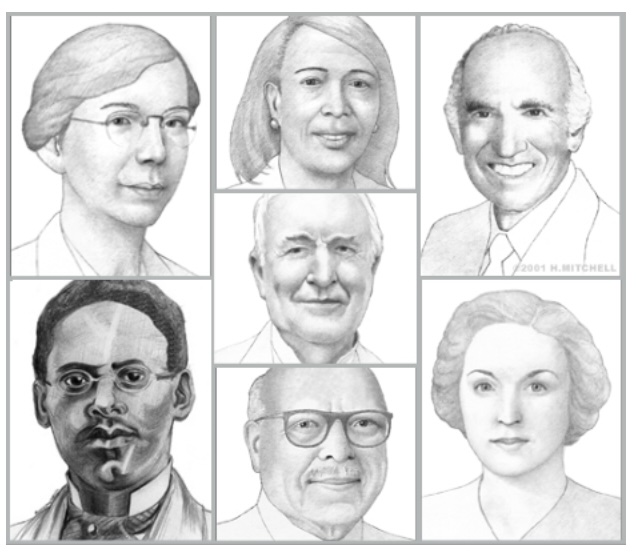Growing up in Ghana, Mercy Asiedu saw firsthand the inequities of health care in developing nations. Each year about 500,000 women are diagnosed with cervical cancer and more than half of them do not survive. About 90% of those deaths occur in low- and middle-income countries because more than half of women have never been screened.
The main challenge is for women to gain access to expensive diagnostic tools which are often only found in large cities and remain inaccessible for women in more rural areas of developing nations. Mercy decided to create a low-cost, tampon-sized screening device that could be connected to a smartphone. Shaped like a calla lily, the Callascope allows for health care workers and women themselves to perform assessments of infections and to screen for signs of cervical cancer and other reproductive health issues.
